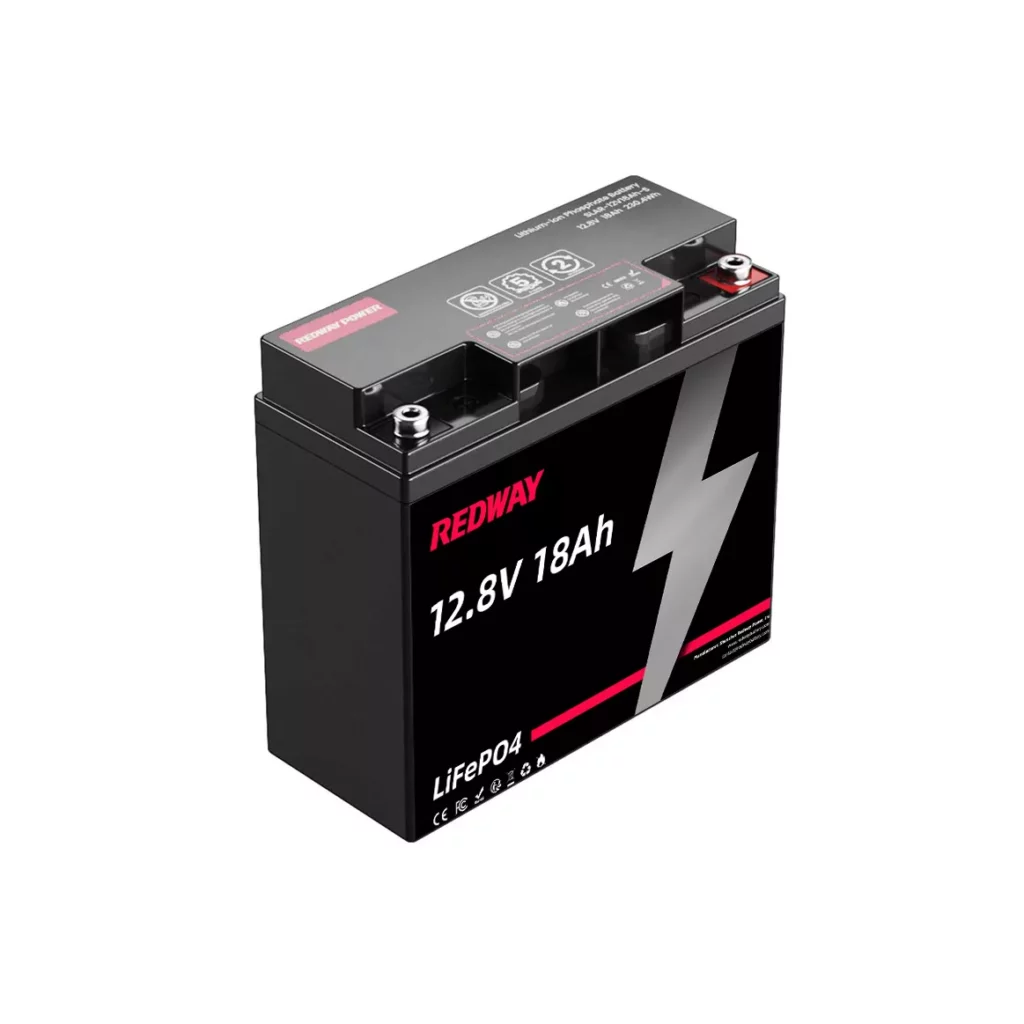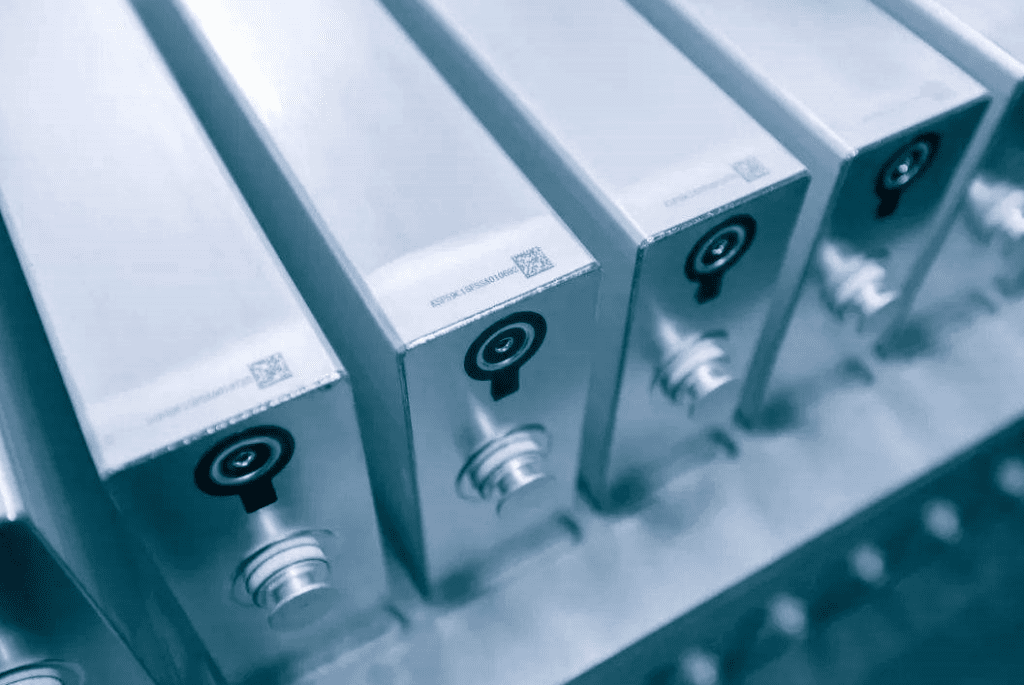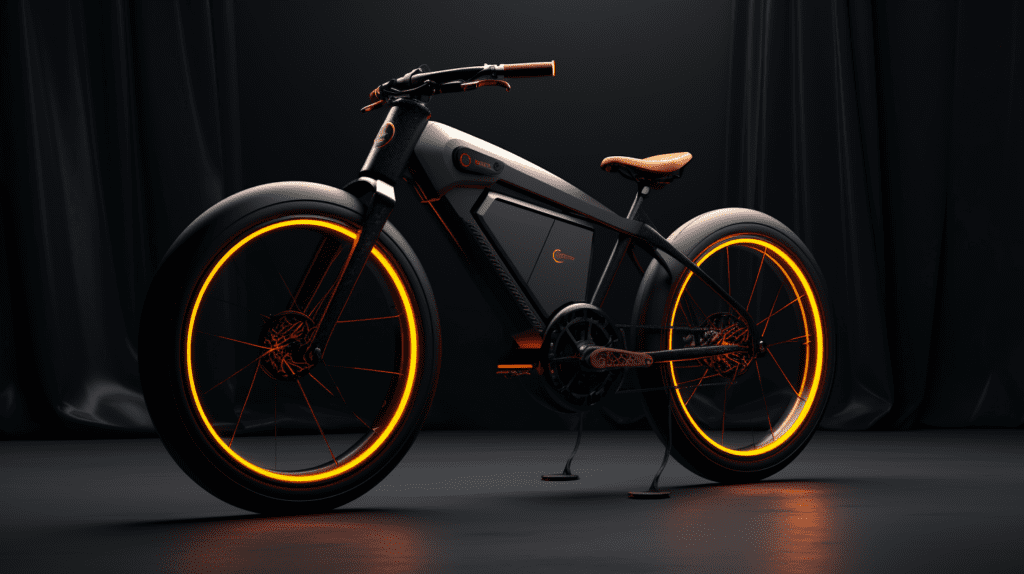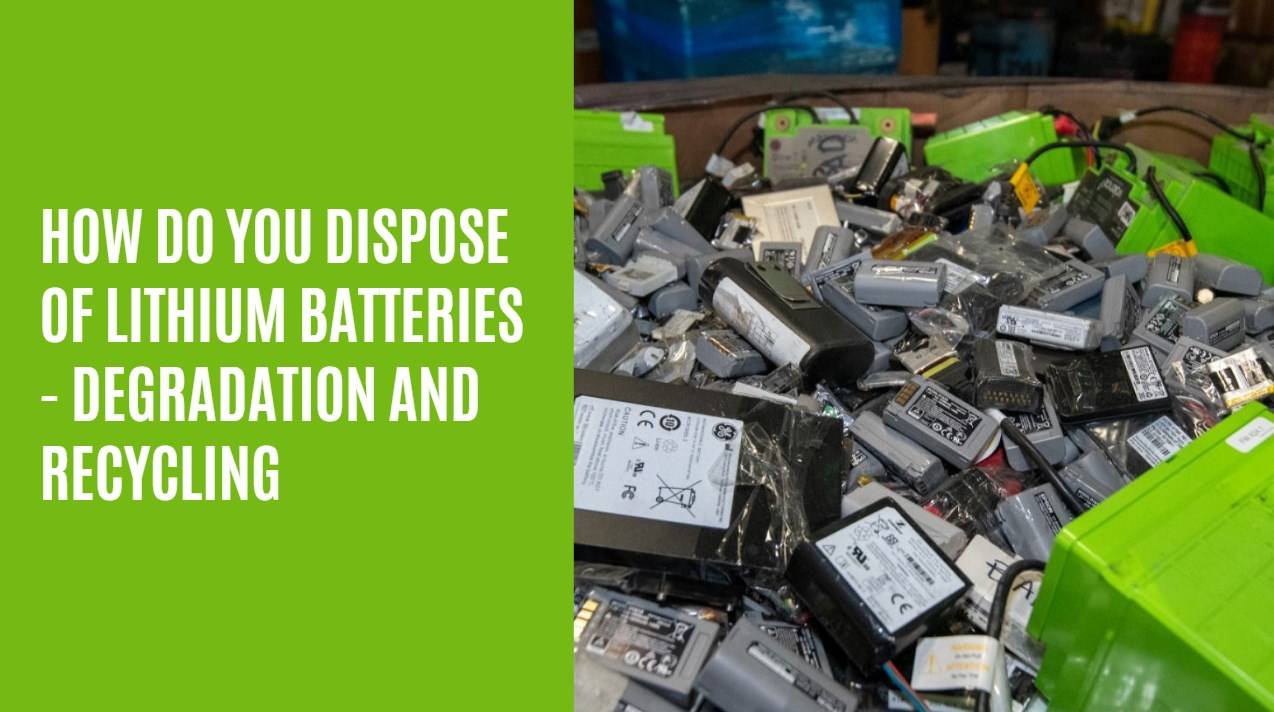Lithium-ion batteries are typically superior to lead-acid batteries due to their longer lifespan and higher life cycle numbers. Lithium batteries can last several times longer than lead-acid batteries, resulting in reduced replacement frequency and increased reliability.
Table of Contents
ToggleThe features and benefits of lithium batteries
Lithium batteries, particularly lithium-ion batteries, offer several features and benefits. They have a high energy density, longer lifespan, and can be recharged multiple times without losing capacity. Additionally, lithium batteries are lightweight and have a low self-discharge rate, making them suitable for various applications.
- High Energy Density: Lithium batteries have a high energy density, allowing them to store a large amount of energy in a compact size.
- Longer Lifespan: Compared to other battery types, lithium batteries have a longer lifespan, enabling more charge and discharge cycles.
- Rechargeable: Lithium batteries can be recharged multiple times without losing capacity, making them cost-effective and environmentally friendly.
- Lightweight and Portable: Lithium batteries are lightweight, making them suitable for portable devices and applications.
- Low Self-Discharge Rate: Lithium batteries have a low self-discharge rate, meaning they can hold their charge for longer periods when not in use.
Lithium batteries, especially lithium-ion batteries, offer a range of features and benefits such as high energy density, longer lifespan, rechargeability, lightweight design, and low self-discharge rate. These advantages make lithium batteries a popular choice for various applications, providing reliable and efficient power storage solutions.
The features and benefits of lead acid batteries
Lead-acid batteries are the oldest type of rechargeable batteries, known for their low cost and ability to supply high surge currents. They are commonly used in motor vehicles for their high current requirements. However, lead-acid batteries have limitations such as low energy density, short cycle lifespan, and long charging times.
- Affordability: Lead-acid batteries are relatively inexpensive compared to other battery types.
- High Surge Currents: These batteries can supply high surge currents, making them suitable for motor vehicles.
- Limitations: Lead-acid batteries have limitations such as low energy density, short cycle lifespan, and long charging times.
Lead-acid batteries offer affordability and the ability to supply high surge currents, making them popular for motor vehicles. However, it’s important to consider their limitations, including low energy density and shorter lifespan. By understanding these features and limitations, users can make informed decisions when considering lead-acid batteries for their applications.
Comparison between lithium batteries and lead acid batteries
Lithium batteries, particularly lithium-ion batteries, have several features and benefits that set them apart from lead-acid batteries. Lithium batteries offer higher energy density, longer lifespan, and the ability to provide their rated capacity regardless of the rate of discharge. In contrast, lead-acid batteries provide less usable energy, especially at higher discharge rates. It is important to consider these factors when choosing the right battery for your application.
- Higher Energy Density: Lithium batteries, specifically lithium-ion batteries, offer higher energy density, allowing them to store more energy in a compact size.
- Longer Lifespan: Lithium batteries have a longer lifespan compared to lead-acid batteries, resulting in reduced replacement frequency.
- Rated Capacity at All Discharge Rates: Lithium batteries provide their rated capacity regardless of the rate of discharge, ensuring consistent performance.
Lithium batteries, especially lithium-ion batteries, offer advantages such as higher energy density, longer lifespan, and the ability to provide their rated capacity regardless of the discharge rate. These features make lithium batteries a reliable and efficient choice for various applications. When considering battery options, it’s important to understand the differences between lithium batteries and lead-acid batteries to make an informed decision.
Common uses for lithium batteries
Lithium batteries, particularly lithium-ion batteries, have numerous common uses. They are widely employed in portable electronics like smartphones and laptops due to their high energy density and lightweight nature. Lithium batteries are also commonly used in electric vehicles and renewable energy systems for efficient and reliable power storage.
- Portable Electronics: Lithium batteries are commonly used in smartphones, laptops, cameras, and other portable devices due to their high energy density and lightweight design.
- Electric Vehicles: Lithium batteries play a crucial role in electric vehicles, providing efficient and reliable power storage for sustainable transportation.
- Renewable Energy Systems: Lithium batteries are used in renewable energy systems such as solar power installations, enabling efficient energy storage and utilization.
Lithium batteries, particularly lithium-ion batteries, have diverse applications in portable electronics, electric vehicles, and renewable energy systems. Their high energy density, lightweight design, and efficient power storage capabilities make them a popular choice in various industries. By utilizing lithium batteries, we can power our devices, vehicles, and renewable energy systems with reliability and efficiency.
Common uses for lead acid batteries
Lead-acid batteries have several common uses. They are widely used in motor vehicles to provide high surge currents for starter motors. Additionally, lead-acid batteries are employed in backup power supplies for cell phone towers, emergency power systems, and stand-alone power systems. Their ability to supply high surge currents and their reliability make them suitable for these applications.
- Motor Vehicles: Lead-acid batteries are commonly used in motor vehicles to provide high surge currents for starter motors.
- Backup Power Supplies: Lead-acid batteries play a crucial role in backup power supplies for cell phone towers, emergency power systems, and stand-alone power systems.
- Reliability: Lead-acid batteries are known for their ability to supply high surge currents and their reliability in backup power applications.
Lead-acid batteries have common uses in motor vehicles, backup power supplies, and emergency systems. Their ability to supply high surge currents and their reliability make them a preferred choice in various industries. By utilizing lead-acid batteries, we can ensure reliable power supply in motor vehicles and backup power applications.
How to choose the right battery for your needs
When choosing the right battery for your needs, consider factors such as energy requirements, application, lifespan, and cost. Lithium batteries, with their high energy density and longer lifespan, are ideal for portable electronics and electric vehicles. Lead-acid batteries, while having lower energy density, are cost-effective and commonly used in applications requiring high surge currents, like motor vehicles and backup power systems.
- Lithium Batteries: Known for high energy density, longer lifespan, and lightweight design, suitable for portable electronics and electric vehicles.
- Lead-Acid Batteries: Cost-effective option commonly used in applications requiring high surge currents, like motor vehicles and backup power systems.
- Considerations: Evaluate energy requirements, lifespan, and cost to choose the battery that best suits your needs.
Choosing the right battery involves considering the features and benefits of lithium batteries and lead-acid batteries. By evaluating factors such as energy requirements, lifespan, and cost, you can make an informed decision and select the battery that best suits your needs.
Conclusion: which battery is better?
When comparing lithium batteries to lead acid batteries, it’s important to consider efficiency. Lithium-ion batteries are typically 95% efficient or more, while lead-acid batteries have an efficiency of around 80%. Higher efficiency in lithium batteries results in faster charging and more effective utilization of the energy used to charge the battery.
- Lithium Batteries: Lithium-ion batteries typically have an efficiency of 95% or more, resulting in faster charging and effective energy utilization.
- Lead Acid Batteries: Lead-acid batteries have an efficiency of around 80%, which means they may take longer to charge and are less effective in utilizing the energy used for charging.
Efficiency plays a significant role in determining the performance of batteries. Lithium batteries, with their higher efficiency of 95% or more, offer advantages such as faster charging and effective energy utilization compared to lead-acid batteries, which have an efficiency of around 80%. By considering efficiency, users can make informed decisions when choosing the right battery for their needs.







